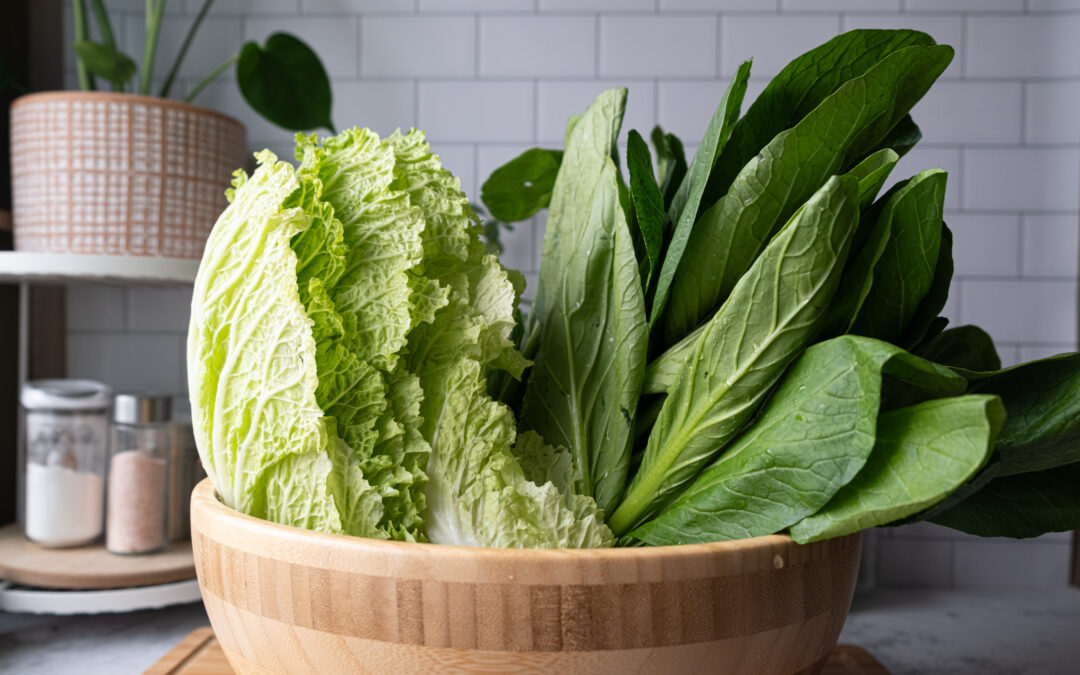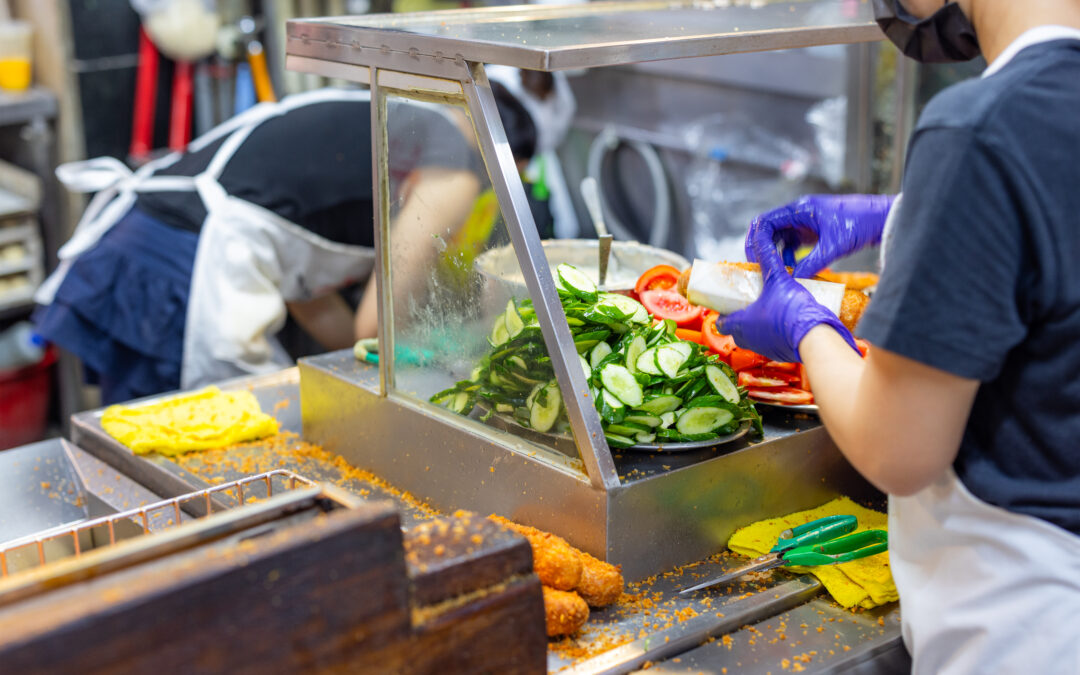
The internet has brought about a rampant spread of misinformation about healthcare in the world. But when it comes to preventing the spread of illness, it’s important that we’re aware of the facts—especially if we find ourselves in enclosed spaces like planes, trains and buses. Here are some common myths about preventing illness and the facts to refute them.
MYTH #1: Antibacterial soap prevents illness better than regular soap.
Handwashing is an important part of staying healthy all the time. But there is no evidence that antibacterial soap prevents the spread of viruses. In fact, the overuse of antibiotics can cause bacteria to become resistant to them. Antibacterial products are necessary for some situations—like cleaning hospitals or nurseries—but when washing your hands, any soap will do.
MYTH #2: I can use any type of hand wipe or sanitizer to stay healthy.
When using wipes or hand sanitizers in place of or to supplement handwashing, you want to make sure that there is at least 60% alcohol content present in the product. Many hand wipes are alcohol-free, so while they’ll clean the surface of your hands, they won’t be effective in killing any viruses that are being spread. Hand sanitizer also shouldn’t be used in place of handwashing all the time. Use it when you aren’t able to wash your hands or in a pinch, but if there are soap and water readily available, opt for handwashing instead.
MYTH #3: Wearing a facemask can prevent illness.
Facemasks are much more effective for those who are sick to prevent them from spreading illness to others. Especially in an outbreak scenario, it’s much safer to save facemasks for medical professionals and for those who are already sick. The best way to prevent illness is to make sure you’re taking precautions to wash your hands, avoid touching your face and stay home if you’re feeling sick.
MYTH #4: If I feel sick, I can “sweat it out.”
If you feel sick, especially with a fever or severe respiratory symptoms, the best thing to do is stay home and rest. This is not only for your own health, but also for the health of others. If you need to visit the doctor for a diagnosis and medicine, wear a facemask and try to avoid public transportation to mitigate the spread of infection. Trying to sweat out your illness at the gym could cause your symptoms to get worse as well as put your fellow gym-goers at risk of catching the same illness.
MYTH #5: Vitamins and supplements will make me immune to viruses.
While Vitamin C is important to maintain and healthy immune system, taking an extra supplement won’t mean that you won’t get sick. It’s been shown in some instances to shorten the length of time that people stay sick, but shouldn’t be used as an all-encompassing preventive measure. This goes for other natural remedies as well, like acupuncture or saunas. While these practices won’t hurt you, they don’t protect you from illness the way that washing your hands and social distancing does. Especially in an outbreak scenario, it’s important to stay home as much as possible to improve your chances of staying healthy.
MYTH #6: If I’m sick, I’ll know right away.
Many illnesses don’t start showing symptoms until a few days after you have them. You could feel healthy and still be a carrier of a virus and contagious to others. Even if you don’t feel sick, it’s important to continue washing your hands frequently, maintain healthy habits and keep a distance from others who may be at risk, like the elderly and immunocompromised.
It’s up to everyone to maintain worldwide health, during a crisis and at all times! If you have to travel— whether it’s across the world or just to work—be sure to wash your hands often, keep a reasonable distance from other people and practice as many healthy habits as you can.
Related Posts


How to Avoid “Traveler’s Tummy” and Protect Your Gut Health
Traveling sounds like the best way to spend your time off until you experience traveler’s tummy, turning your vacation into a spiral of digestive concerns. If you’ve been in and out of the bathroom after eating a local delicacy on the street, you’ve likely eaten...

5 Tips to Prepare for a Restorative Outdoor Escapade With Your Family
image source Sometimes, everyone from mom and dad to the littlest kids, needs a nice vacation from everyday life. Are you a family that feels like they need a break? Then it’s time to grab your loved ones and have a restorative...